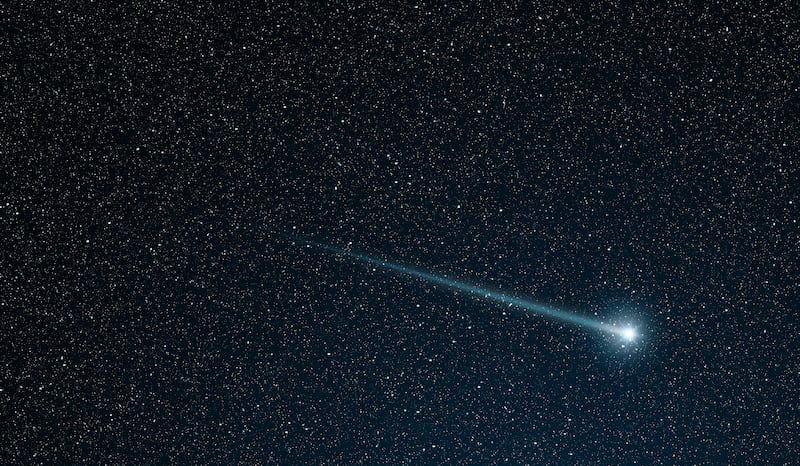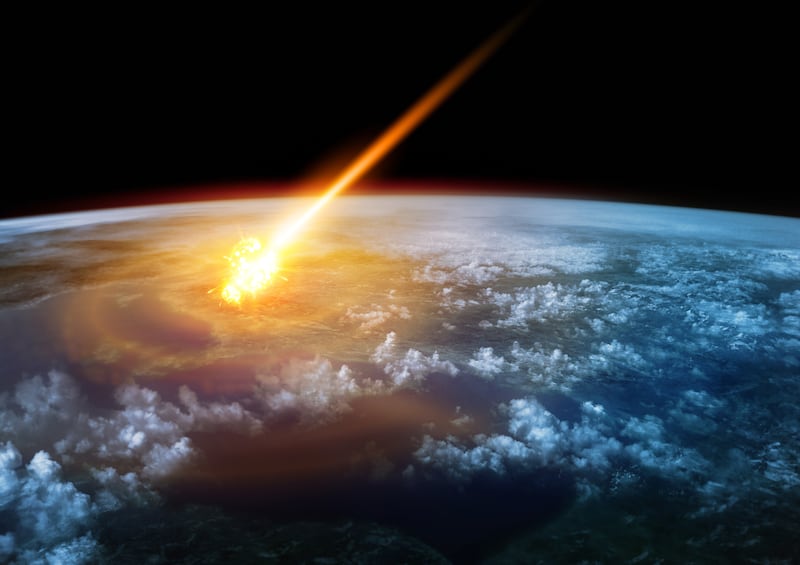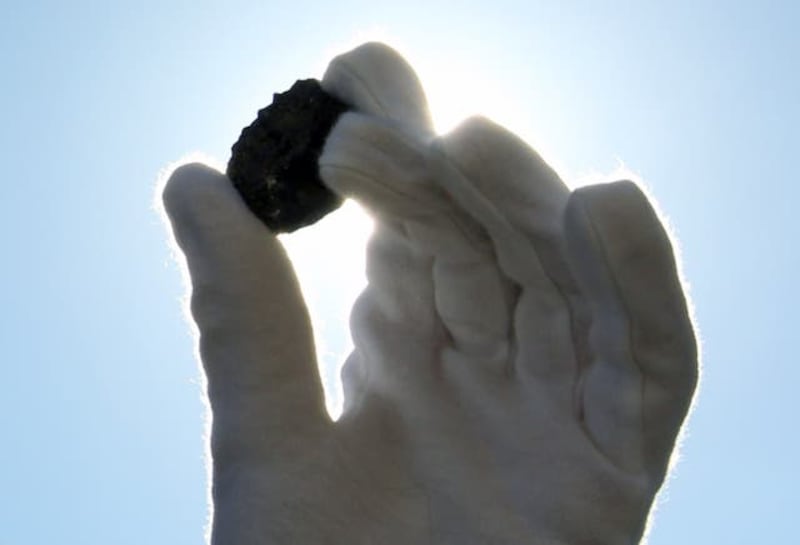The Earth’s atmosphere is good at shielding its inhabitants from space rocks hurtling towards the planet because of its strong air pressure, scientists have found.
A meteoroid (space objects smaller than a kilometre) racing towards us is likely to explode before it hits the ground because the high-pressure air in the upper atmosphere forces its way into the cracks in the rock and tears it apart.
The extreme heat generated as the meteoroid passes through the atmosphere will cause it to “burn up” in streaking flashes of light, thereby creating meteors or shooting stars.

Study author Jay Melosh, a professor of earth, atmospheric and planetary sciences at Purdue University, said: “There’s a big gradient between high-pressure air in front of the meteor and the vacuum of air behind it.
“If the air can move through the passages in the meteorite, it can easily get inside and blow off pieces.”
Most meteoroids that enter the Earth’s atmosphere are so small that they vaporise completely and never reach the planet’s surface. But until now, scientists were not sure about the mechanism behind this process.
The team looked at data from a meteoroid explosion that took place in Chelyabinsk, Russia in 2013.

The Chelyabinsk meteoroid, which weighed around 10,000 tons, created a bright ball of fire as it entered the atmosphere before hitting the ground.
The phenomenon caused shock waves, blasting nearby windows, and injured around 1,500 people.
The researchers say the energy generated from that meteorite (a meteoroid that survives the fall through the atmosphere and lands on Earth) was comparable to “a small nuclear weapon”.
Only about 2,000 tons of debris were recovered, which meant something happened in the upper atmosphere that caused it to disintegrate.

Using computer modelling, the research simulated the crash using a special computer code.
The results showed the Chelyabinsk meteoroid explosion was caused by air pushing into the meteoroid and “letting it percolate”.
The researchers found that the high atmospheric pressure “lowered the strength of the meteoroid significantly” thereby causing it to break into smaller pieces.
However, the team warns that while that the high-pressure air is helpful in protecting the planet from small meteoroids, it will not stop large ones from crashing to the ground.
The paper is published in Meteoritics & Planetary Science.








